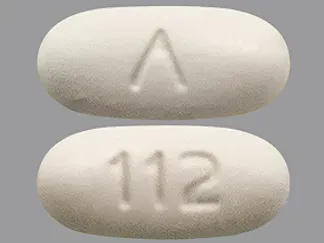Potassium chloride Interactions
There are 142 drugs known to interact with potassium chloride, along with 7 disease interactions. Of the total drug interactions, 101 are major, 26 are moderate, and 15 are minor.
- View all 142 medications that may interact with potassium chloride
- View potassium chloride disease interactions (7)
Most frequently checked interactions
View interaction reports for potassium chloride and the medicines listed below.
- Aspir 81 (aspirin)
- Aspirin Low Strength (aspirin)
- Colace (docusate)
- CoQ10 (ubiquinone)
- Crestor (rosuvastatin)
- Cymbalta (duloxetine)
- Eliquis (apixaban)
- Fish Oil (omega-3 polyunsaturated fatty acids)
- Iron Sulfate (ferrous sulfate)
- Lasix (furosemide)
- Lipitor (atorvastatin)
- Lyrica (pregabalin)
- Metoprolol Succinate ER (metoprolol)
- Metoprolol Tartrate (metoprolol)
- MiraLAX (polyethylene glycol 3350)
- Nexium (esomeprazole)
- Norco (acetaminophen / hydrocodone)
- Plavix (clopidogrel)
- Protonix (pantoprazole)
- Singulair (montelukast)
- Symbicort (budesonide / formoterol)
- Synthroid (levothyroxine)
- Tylenol (acetaminophen)
- Vitamin B12 (cyanocobalamin)
- Vitamin C (ascorbic acid)
- Vitamin D2 (ergocalciferol)
- Vitamin D3 (cholecalciferol)
- Xanax (alprazolam)
- Xarelto (rivaroxaban)
- Zyrtec (cetirizine)
Potassium chloride disease interactions
There are 7 disease interactions with potassium chloride which include:
- dehydration/diarrhea
- dehydration
- familial periodic paralysis
- hyperkalemia
- renal dysfunction
- GI irritation
- acidosis
More about potassium chloride
- potassium chloride consumer information
- Compare alternatives
- Pricing & coupons
- Reviews (35)
- Drug images
- Latest FDA alerts (5)
- Side effects
- Dosage information
- Patient tips
- During pregnancy
- Drug class: minerals and electrolytes
Related treatment guides
Drug Interaction Classification
| Highly clinically significant. Avoid combinations; the risk of the interaction outweighs the benefit. | |
| Moderately clinically significant. Usually avoid combinations; use it only under special circumstances. | |
| Minimally clinically significant. Minimize risk; assess risk and consider an alternative drug, take steps to circumvent the interaction risk and/or institute a monitoring plan. | |
| No interaction information available. |
See also:
Further information
Always consult your healthcare provider to ensure the information displayed on this page applies to your personal circumstances.


